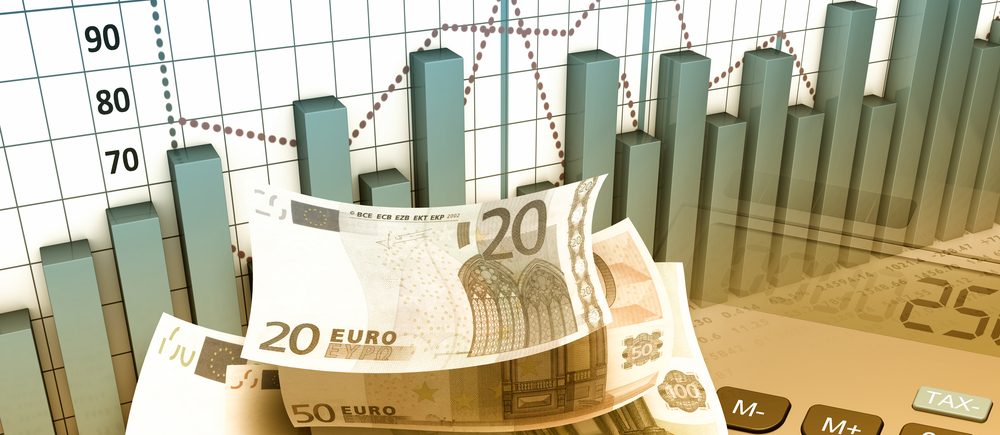Inflation stabilized in the eurozone this month, but price growth slowed as expected, painting a conflicting picture that complicates the scene for the European Central Bank, which is assessing the foundations for stopping raising interest rates in light of a noticeable slowdown in growth.
Data from the European Union Statistics Office (Eurostat) showed on Thursday that overall inflation in the 20 countries that share the single European currency remained unchanged at 5.3 percent in August, contrary to expectations of a decline to 5.1 percent.
But a leading indicator that excludes volatile food and energy prices fell as expected, from 5.5 percent in July to 5.3 percent in August.
The European Central Bank raised interest rates at each of its meetings over the past thirteen months, reaching the highest level in more than two decades, but policymakers are discussing the next move in light of a disagreement between two approaches: stopping raising interest rates and raising them for a final time on September 14. .
Among the concerns for policymakers is the rapid fading of growth and the possibility that the bloc’s economy, which has been stagnant for the past three quarters, will slide into recession with little catalyst for recovery.
Inflation in the services sector fell slightly to 5.5 percent in August compared to 5.6 percent a month ago. Growth in prices of industrial goods in non-energy sectors slowed to 4.8 percent from five percent.
Processed food inflation fell to 10.4 percent from 11.3 percent, while energy prices fell 3.3 percent after falling 6.1 percent a month ago.
The European Central Bank will meet on September 14, and markets are divided over what the ECB will do, with the odds currently leaning towards it pausing interest rate hikes, with a final hike later in the year before lowering them starting in mid-2024.
 Noor Trends News, Technical Analysis, Educational Tools and Recommendations
Noor Trends News, Technical Analysis, Educational Tools and Recommendations





